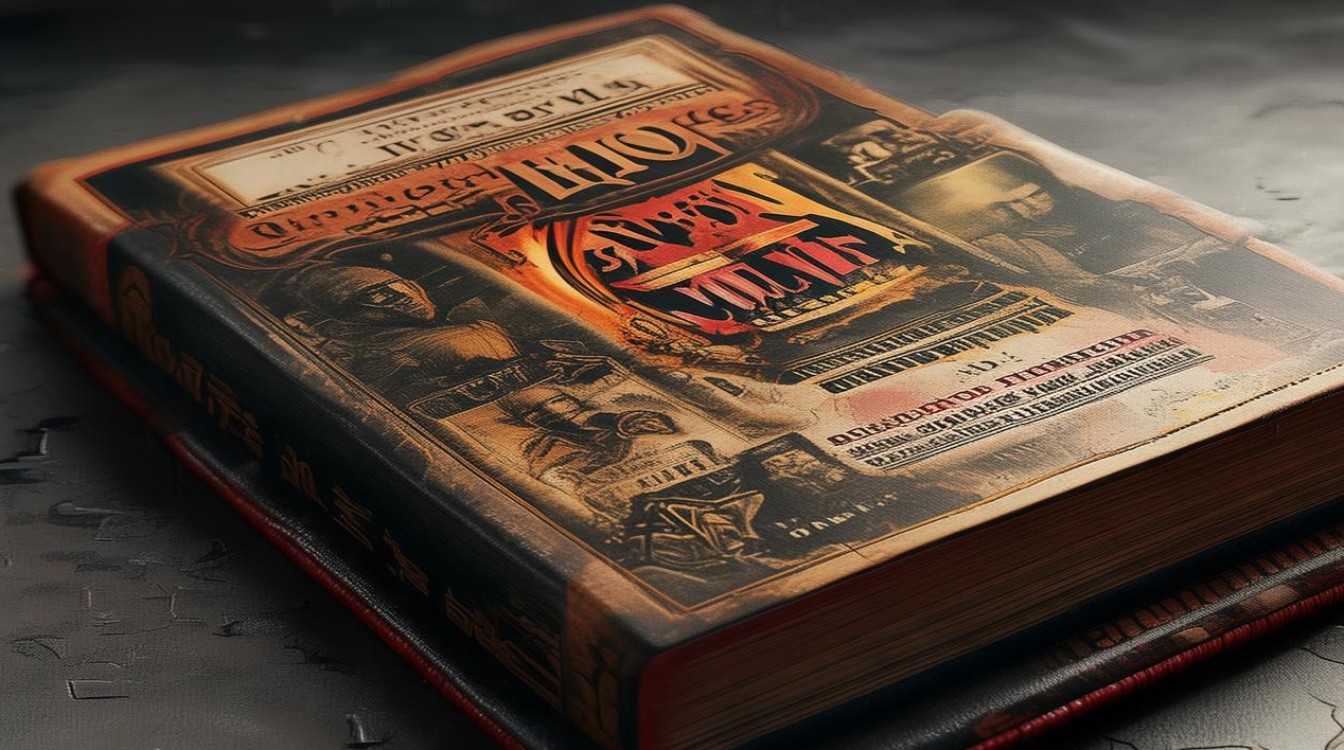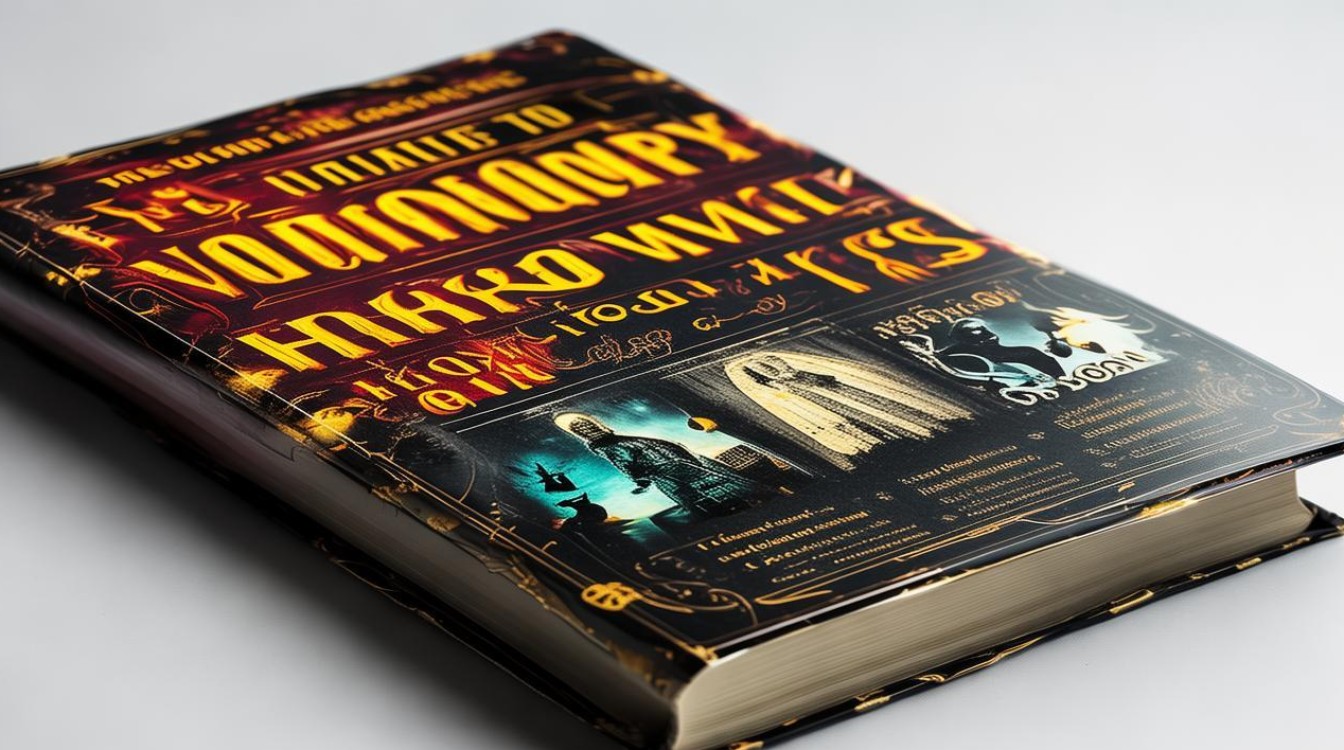Horror films have a unique power to captivate audiences with suspense, fear, and adrenaline-pumping moments. Whether you're a filmmaker, a horror enthusiast, or simply curious about the genre, understanding the right vocabulary can deepen your appreciation. Below is a curated list of essential English words and phrases used to describe horror movies, along with explanations and examples.

Spine-Chilling
This term describes something so terrifying it sends shivers down your spine. It’s often used for scenes with eerie atmosphere or sudden scares.
Example: "The abandoned asylum had a spine-chilling silence that made every footstep echo."
Macabre
Derived from French, "macabre" refers to disturbing, gruesome, or death-related imagery. It’s perfect for describing gothic horror or films with dark, unsettling themes.
Example: "The film’s macabre visuals left audiences haunted long after the credits rolled."
Eerie
An eerie setting feels unnatural, strange, and unsettling. It’s commonly used for ghost stories or psychological horror.
Example: "The fog-covered graveyard had an eerie glow under the moonlight."
Bloodcurdling
A scream or sound so horrifying it feels like your blood has frozen. This word is ideal for jump scares or intense moments.
Example: "Her bloodcurdling shriek echoed through the empty hallway."
Ghoulish
Ghoulish describes something grotesquely horrifying, often linked to monsters or undead creatures.
Example: "The villain’s ghoulish grin sent waves of terror through the audience."
Petrifying
If something is petrifying, it paralyzes you with fear. This word works well for scenes where characters are frozen in terror.
Example: "The sight of the shadowy figure was utterly petrifying."
Sinister
Sinister implies an evil, menacing presence. It’s great for villains or settings with hidden malice.
Example: "The old doll’s sinister smile hinted at its dark past."

Haunting
A haunting experience lingers in your mind, often tied to emotional or psychological horror.
Example: "The film’s haunting soundtrack amplified the sense of dread."
Unnerving
Something that makes you deeply uncomfortable, often through tension rather than gore.
Example: "The slow, unblinking stare of the antagonist was deeply unnerving."
Dread-Inducing
This phrase describes a creeping sense of inevitable doom, common in slow-burn horror.
Example: "The dread-inducing buildup made the final reveal even more shocking."
Chilling
Similar to spine-chilling but broader, chilling can describe anything that evokes cold, creeping fear.
Example: "The documentary’s chilling account of real-life hauntings felt too real."
Nightmarish
Resembling a nightmare—illogical, surreal, and deeply disturbing.
Example: "The nightmarish sequences blurred the line between reality and hallucination."
Gruesome
Extremely violent or bloody, often used in slasher films or body horror.
Example: "The special effects team outdid themselves with the gruesome creature designs."
Ominous
A foreboding feeling that something terrible is about to happen.
Example: "The ominous thunderstorm signaled the arrival of something inhuman."

Creepy
A lighter but still unsettling term, often used for subtle horror elements.
Example: "The child’s whispered nursery rhyme was surprisingly creepy."
Malevolent
Actively evil or wishing harm, often describing supernatural entities.
Example: "The malevolent spirit tormented the family with increasing aggression."
Harrowing
An emotionally exhausting experience, common in survival horror.
Example: "The harrowing escape scene left viewers breathless."
Lurking
Hidden but present, often used for unseen threats.
Example: "A sense of something lurking in the shadows kept tension high."
Disturbing
Mentally unsettling, sometimes crossing into psychological horror.
Example: "The film’s disturbing themes sparked debates among critics."
Cursed
Associated with supernatural doom or bad luck.
Example: "The cursed artifact brought death to anyone who possessed it."
Phantasmagoric
Dreamlike but terrifying, often used for surreal horror.
Example: "The phantasmagoric visuals made the film feel like a waking nightmare."

Terrifying
The ultimate descriptor for pure, overwhelming fear.
Example: "The creature’s sudden appearance was absolutely terrifying."
Uncanny
Strange in a way that feels almost human but isn’t—key in doppelgänger or AI horror.
Example: "The uncanny resemblance between the twins fueled the mystery."
Demonic
Relating to demons or evil supernatural forces.
Example: "The demonic possession scenes were both shocking and intense."
Shudder-Worthy
Something so frightening it makes you physically shudder.
Example: "The final reveal was shudder-worthy in its brutality."
Final Thoughts
Mastering these words will not only enhance your understanding of horror films but also help you articulate what makes them so compelling. Whether you're writing a review, discussing your favorite scare, or crafting your own horror story, this vocabulary will bring your descriptions to life.
The right words can turn a simple scare into an unforgettable experience—so next time you watch a horror movie, pay attention to how these terms apply. The genre thrives on fear, and now, you have the language to dissect it.

